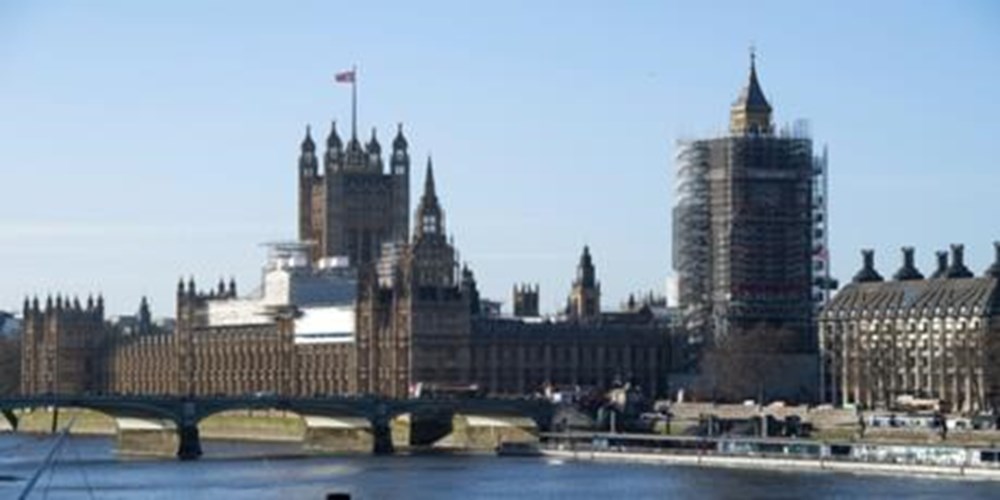Government must restore investor confidence in UK energy sector
3 March 2016
There is increased nervousness among some investors looking at energy projects in the UK, the Energy and Climate Change Committee have warned in their report. Investor confidence has been dented by a series of sudden policy changes since the election, which may lead to a hiatus in project developments and threaten the UK's ability to meet its energy security and climate change objectives.
- Report: Investor confidence in the UK energy sector
- Report: Investor confidence in the UK energy sector (PDF 874 KB)
- Inquiry: Investor confidence in the UK energy sector
- Energy and Climate Change Committee
Angus MacNeil MP, Chair of the Energy and Climate Change Committee said:
"Billions of pounds of investment is needed in order to replace ageing energy infrastructure, maintain secure energy supplies and meet our legally-binding climate change targets. Since coming to office in May, the Government has made a number of sudden and unexpected changes to policy. This has spooked investors and left them wondering 'what will be next?'"
The Government has cut support for onshore wind and solar, ended the "Green Deal" energy efficiency programme and cancelled a long-standing competition to deliver carbon capture and storage. The Committee heard that the contradictory signals coming from Government were causing some investors to put projects on hold, until there was more clarity on energy policy. Other factors affecting investor confidence include a lack of transparency in the policy decision-making process and a policy "cliff-edge" in 2020.
The need for a credible long-term plan
Angus MacNeil MP said:
"Two months ago, a historic new global climate agreement was signed in Paris. But when the UK Government talks about using more gas while simultaneously cutting funding for carbon capture and storage or the need to control costs while halting onshore wind, which is the cheapest form of low-carbon energy, investors begin question how committed the Government really is to tackling climate change.
The Government must set out a credible, long-term vision for the future of the UK's energy system. The Government will this year have to produce a plan setting out how we will keep on track to reduce our carbon emissions in 2030 and beyond. This is an ideal opportunity to rebuild confidence in the direction of travel for the energy sector in the UK."
The report also argues that the Government needs to factor the impacts that its decisions are having on investor confidence more explicitly into the policy making process.
Short-term costs vs long-term investment
Angus MacNeil MP concluded:
"Nervousness among investors will make it harder and more expensive to build the new energy infrastructure that we need. Any increase in the cost of project capital will ultimately get passed on to consumers through higher energy bills.
We are concerned that the Government is only considering short-term costs to consumers when it makes energy policy decisions. It needs to pay more attention to the impact of its decisions on the energy prices paid by the next generation of bill payers. Cutting support for low-carbon energy today may prove to be a false economy in the long-run.
It can take the best part of a decade or more to plan, finance and build new gas-fired power plants, wind farms and nuclear power stations. Decisions made by the Government now have long-term impacts so it is important that the Government thinks carefully about the consequences for investors before leaping into policy decisions.
We are calling for the Government to introduce Investment Impact Assessments for new policies to ensure that new policies don't inadvertently discourage the investment that we desperately need."
Immediate actions for the Government
The report also concludes that greater transparency and clarity is needed on the Government's existing low-carbon energy policies as a matter of urgency. The Committee calls for the Government to:
- Provide a detailed plan for when the next three rounds of Contracts for Difference (CfD) auctions will be held, how much money will be available and which technologies will be eligible to take part.
- Publish the assumptions and methodologies that underpin the calculations of how much money is being spent in the Levy Control Framework (LCF).
- Set out how much money will be available in the Levy Control Framework beyond 2020.
Further information
Image: iStockphoto
